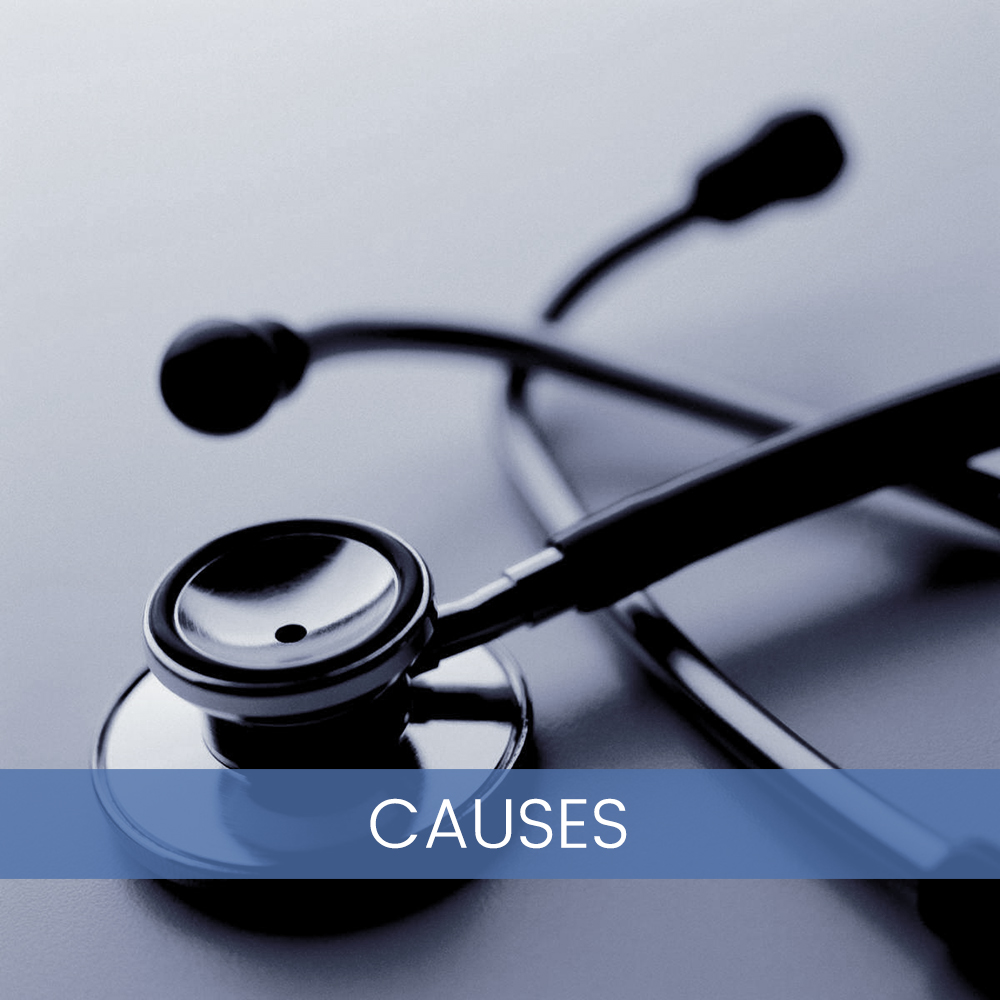Mast Cell Activation Syndrome (MCAS) falls under the umbrella of Mast Cell Activation Disease MCAD.
Mast Cell Activation Disease includes Mast Cell Leukaemia (very rare), Systemic Mastocytosis and Cutaneous Mastocytosis (both rare) and Mast Cell Activation Syndrome which is common – this is thought to affect up to 17% of the general population.
Mastoctyosis is relatively easy to diagnose, as clinical features are so striking. This in sharp contrast to MCAS which can be missed for decades as it is a multisystem disease affecting almost every system in the body in very non-specific ways. The problem is that doctors are taught to recognise symptom patterns affecting one or two systems at a time. MCAS does not fall into such neat classification and, as a result, patients are often misdiagnosed as other conditions such as Chronic Fatigue Syndrome, or Fibromyalgia , or are thought to fall into what is termed a Medically Unexplained Symptoms category, ending up with referral to a psychiatrist or psychologist.
The difficulty in diagnosing MCAS is compounded by the fact that the vast majority of commonly performed tests are normal, or, at most, borderline, giving the doctor little or no direction regarding which investigative path to follow.
Symptoms of MCAS present for the first time at any age, but most commonly in children and adolescents. Symptoms fluctuate in nature, with exacerbations often precipitated by recognised triggers including fevers, insect stings, exercise, heat, emotional stress, alcohol, perfumes and various medications.
There is no permanent cure for MCAS. Management is based on the avoidance of triggers, and the use of medication. Further information on causes, diagnosis and treatment can be found by following the links below.
For more information on Mast Cell Activation Syndrome, its causes, diagnosis and treatment, please do not hesitate to get in touch via our appointments page.




